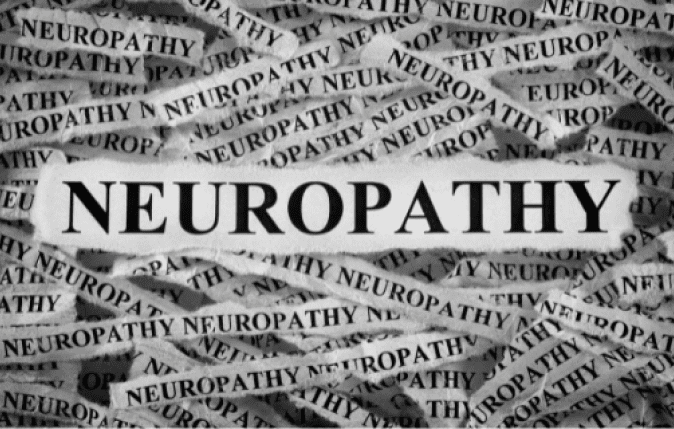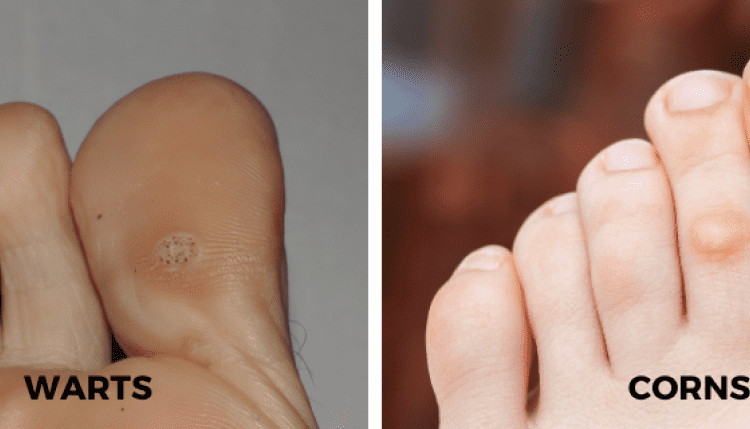In the world of dental health, the demonization of sugar often takes center stage when discussing tooth decay. Yet, behind the sweet curtain lies a myriad of lesser-known factors contributing significantly to dental woes. Exploring these hidden culprits unveils a more comprehensive understanding of tooth decay, empowering us to protect our smiles beyond the confines of sugar.
Acidic Intruders:
While sugar grabs the spotlight, acidic foods and beverages silently wage war on dental enamel. Citrus fruits, carbonated drinks, and even seemingly innocuous vinegars wear down the protective enamel layer, leaving teeth vulnerable to decay. Understanding the erosive potential of acidic substances expands our focus beyond the sugar-laden suspects.
The Stickiness Factor:
It’s not just about the sweetness; stickiness matters too. Sticky candies and snacks tend to linger on teeth, providing a prolonged feast for bacteria. These resilient leftovers become breeding grounds for harmful bacteria, intensifying acid production and accelerating enamel erosion.
Carbohydrates’ Influence:
Refined carbohydrates can be as insidious as sugar in promoting tooth decay. Foods like white bread and crackers break down into sugars within the mouth, fueling bacterial growth. The resultant acid attacks contribute significantly to enamel erosion, often slipping under the radar amidst sugar-centric concerns.
Dry Mouth Predicament:
Saliva acts as nature’s shield against tooth decay by rinsing away debris and neutralizing acids. However, a dry mouth, caused by medications, certain medical conditions, or mouth-breathing habits, creates an environment ripe for bacterial growth, heightening the risk of decay.
Neglecting Oral Hygiene:
The foundation of dental health lies in proper oral hygiene practices. Inadequate brushing, irregular flossing, and infrequent dental visits create a playground for plaque buildup. This bacterial film not only stains teeth but also releases acids that corrode enamel.
Genetic Predisposition:
Genetics can influence susceptibility to tooth decay. Some individuals may have inherently weaker enamel or a higher prevalence of cavity-causing bacteria, predisposing them to dental issues.
Socioeconomic Impact:
Socioeconomic status and access to dental care play pivotal roles in oral health. Limited access to quality dental care, lack of oral hygiene education, and insufficient resources for maintenance exacerbate tooth decay problems.
Preventive Measures:
A holistic approach to dental health involves proactive steps beyond sugar control. Regular brushing and flossing are foundational. Moderating sugary and acidic intake, opting for healthier snacks, and staying hydrated can significantly reduce the risk of decay.
Routine Dental Check-ups:
Regular dental visits are indispensable. They enable early detection of dental issues and offer preventive treatments like fluoride applications or dental sealants, fortifying teeth against decay.
Nutritional Balance:
Embracing a balanced diet rich in fruits, vegetables, lean proteins, and whole grains while minimizing sugary and acidic foods not only benefits overall health but also contributes to dental well-being.
Healthy Oral Practices:
Incorporating good oral habits like using fluoride toothpaste, mouthwash, and chewing sugar-free gum (which stimulates saliva production) are integral to maintaining optimal oral health.
In conclusion, while sugar remains a significant contributor to tooth decay, acknowledging the multitude of other factors is paramount. By unraveling the impact of acidic foods, sticky substances, carbohydrates, oral hygiene practices, genetic predispositions, socioeconomic influences, and adopting preventive measures, we unlock a holistic approach to preserving our precious smiles. Let’s venture beyond the sweet facade and embrace a comprehensive strategy for enduring dental health.

















